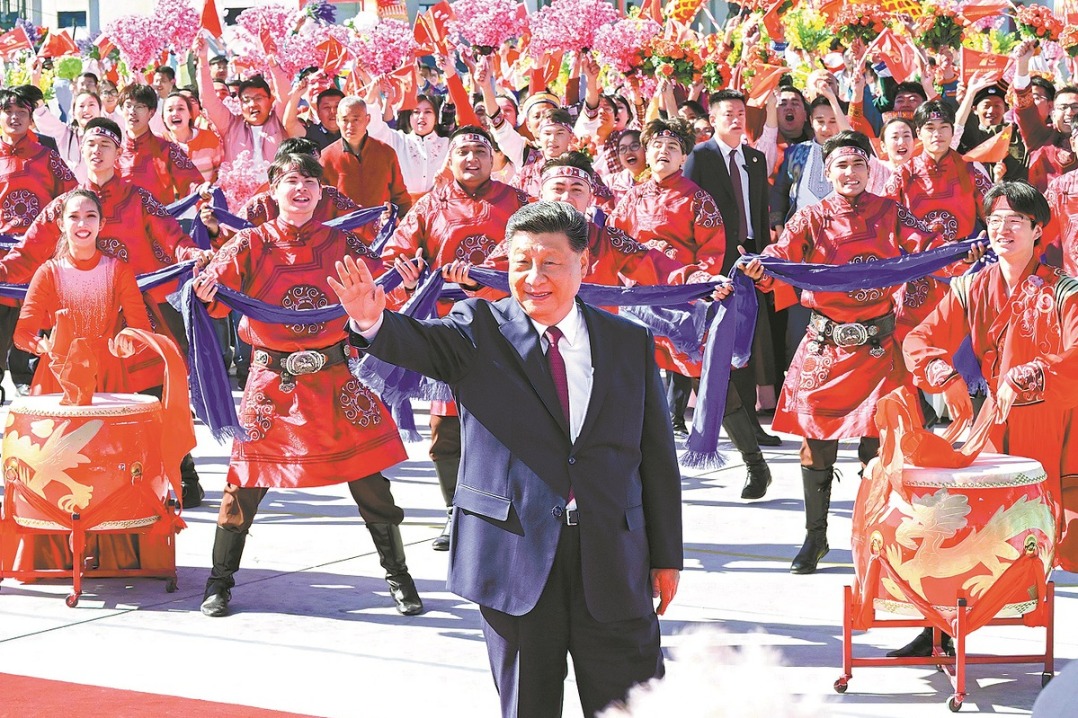Chinese firms' fitting reply to US sanctions: China Daily editorial


While US sanctions have choked the supply of US chips to Huawei, they have made it almost impossible for Semiconductor Manufacturing International Corp to obtain US technology. So when Huawei launched its flagship device, Mate 60 Pro, which reportedly includes a new 5G Kirin 9000s processor, the domestic market and consumers seemed to hail it as a major breakthrough.
US Congressman Michael McCaul's demand at a briefing at the US embassy in The Hague on Wednesday that the SMIC "warrants investigation" explains why both Huawei and the SMIC have kept a low profile on the issue. While US National Security Advisor Jake Sullivan said he needed "more information" on the precise "character and composition" of the Kirin chip, McCaul asserted, without having any evidence, that "it sure looks like it did" violate US sanctions — a premise that is based on presumption of guilt.
True to its colors, and based again on presumption of guilt, the US administration is seeking more information on Mate 60 Pro, according to CNN, possibly to take legal action against Huawei or the SMIC or both.
Both Sullivan and McCaul should know that the SMIC was put on the US Entity List in December 2020 during the last days of the Donald Trump administration, limiting the supply or transfer of US technology to it. That means it is almost impossible that the SMIC's 7 nm foundry was made using US technologies. Or are the US political leaders suggesting the United States will use long-arm jurisdiction to target the legal business of the two Chinese companies?
The US used long-arm jurisdiction to cripple Japan's Toshiba in the 1980s, enfeeble France's Alston in 2013 and deal a big blow to Germany's Siemens in 2018, all on flimsy grounds and to protect American enterprises.
In 2019, the Trump administration targeted Huawei with even harsher measures, banning all US enterprises from supplying advanced chips to the Chinese company. Against this background, Chinese researchers' breakthrough, as demonstrated by Huawei's Mate 60 Pro, is a fitting reply to the US' beggar-thy-neighbor policies.
The most effective resistance against the US' long-arm jurisdiction is to invest in research and development and produce one's own high-tech products.
For too long the world has been suffering from the US' vicious long-arm jurisdiction. It's time now for Chinese companies to make more technological breakthroughs and break the US' monopoly in different fields and end its global hegemony.


































